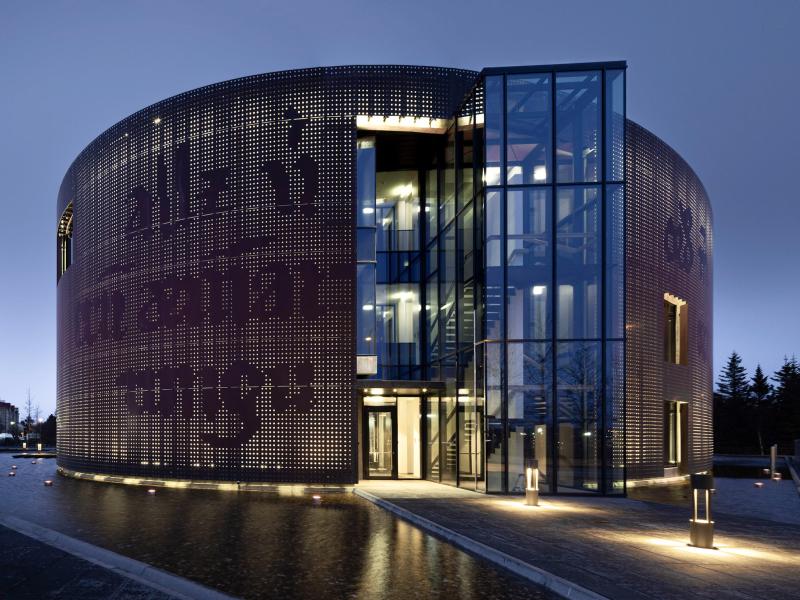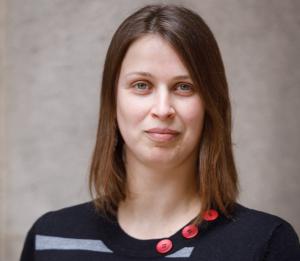Helena Bani-Shoraka, Henrik Nilsson & Ulf Norberg
Tolk- och översättarinstitutet, Stockholms universitet
helena.bani-shoraka@su.se, henrik.nilsson@cag.se, ulf.norberg@su.se
I detta föredrag undersöker vi hur kurser som sägs behandla ”fackspråk” och ”terminologi“ vid svenska högskolor och universitet är utformade. Vad menar man när man pratar om ”fackspråk” respektive "terminologi”? Genom att analysera kursplaner, litteraturlistor och övningar kartlägger vi skillnader och likheter mellan kurserna. Vi gör ett försök att kategorisera kurserna i olika typer efter bland annat målgrupper och syfte. En distinktion verkar behövas mellan “terminologi” i betydelsen ”terminologilära” och i betydelsen ”samling av språkliga uttryck inom ett fackområde” för att på sätt skilja professionsinriktade kurser som innehåller flera olika element från terminologiläran (begreppsanalys, definitionsskrivning, termskapande etc.) från språkinriktade kurser där undervisning fokuserar på termerna. Vi vill genom denna genomgång se hur respektive kurstyp påverkar uppläggning och undervisning och vilka möjliga korsbefruktningar som skulle kunna finnas mellan kurstyperna. Vi vill också föra upp till diskussion hur utbudet av kurser i fackspråk och/eller terminologi potentiellt påverkar medvetenheten om systematiskt terminologiarbete, och i förlängningen uppfattningar om terminologiarbete och terminologyrket.
Referenser
Cabré, T. et al, 2023. “Terminologist training and terminology training. Some criteria that have remained valid throughout the years” IN: Terminology: Cognition, language and communication [IVITRA Research in Linguistics and Literature, 36], s. 329–338, https://doi.org/10.1075/ivitra.36.c20
Grossmann, E. & Lavault, E. 2000. “Les enjeux professionnels et didactiques d’une formation en terminologie. IN: Lidil – Revue de linguistique et de didactique des langes, 2000:21, s. 155–177.
Holmer, Å. 2016. ”Terminologicentraler som utbildare”. IN: Pilke, N. & N. Nissilä (red.) Tänkta termer. Terminologihänsyn i nordiskt perspektiv. VAKKI Publications 5. Vasa, s. 235–253.
Kristiansen, M. & Ϸorbergsdóttir, Á. 2016. “Termdist — a joint Nordic Terminology Training Initiative.” IN: Tänkta termer. Terminologihänsyn i nordiskt perspektiv, ed. by Nina Pilke, and Niina Nissilä. VAKKI Publications 5. Vasa, 269–290. Vaasa: Vasa universitet.
Laurén, C. 1993. Fackspråk : form, innehåll, funktion. Lund: Studentlitteratur, ISBN 91-44-34371-X Montero Martínez, S. & Faber, P. 2009. “Terminological Competence in Translation”. IN: Terminology 15, no. 1: s. 88–104.
Nilsson, H. 2011. “TERMDIST: Teaching Terminology Multilingually at a Distance.” IN : La formation en terminologie: actes de la Conference internationale de Bucarest, 3–4 novembre 2011, 147–161. Bucureşti: Editura ASE.
Palm, H. 2010. ”Terminologiundervisning i Sverige. TNC:s erfarenheter.” IN: Nuopponen, A. & Pilke, N. Ordning och reda : terminologilära i teori och praktik. Stockholm: Norstedts, s. 109–116.
Picht, H. & Acuna Partal, C. 1997. “Aspects of Terminology Training” IN: Handbook of Terminology Management : Volume 1: Basic Aspects of Terminology Management, Amsterdam: John Benjamins Publishing Company, s. 305–321.


